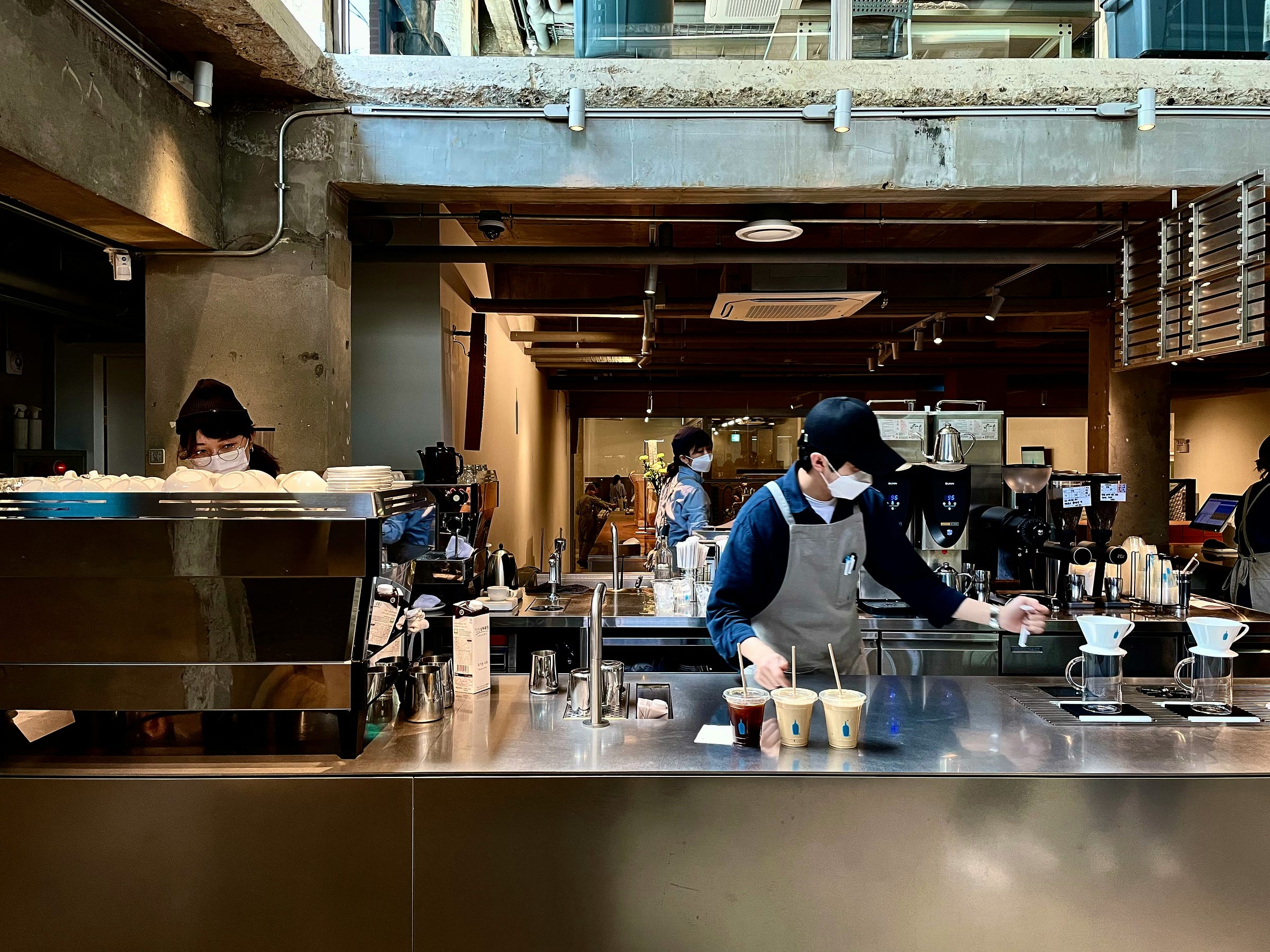The Recipe for the Perfect World Cup
Yasin, New York New Jersey
The 2026 FIFA World Cup promises to be more than just a celebration of soccer. As the largest sporting event on the planet comes to Canada, Mexico, and the United States, it is bound to send waves of excitement across not only North America, but the entire world. Yet, beyond the thrilling display of goals and glory lies an equally important and simple cause that is often overlooked: using soccer to unite.
The 2026 World Cup is an opportunity that North America cannot take for granted. It has the power to do more than ever before. Undeniably, sports possess unparalleled opportunities to connect people across borders, cultures, and ideologies. Soccer is the biggest of them all with 3.5 billion fans globally. The 2026 World Cup has to be an avenue for ensuring fair play, inclusion, and justice. Hosting an event at this scale comes with responsibilities that are equally shared by players, organizations, fans, and journalists.
A pressing area of concern is the treatment of workers involved in the preparations and delivery of the event. Less controversy has surrounded the 2026 World Cup compared to its predecessor in Qatar, and there will be less construction of new infrastructure. But it is still vital that the same mistakes do not recur.
Transparency and fairness in working conditions should be paramount. These workers, often from marginalized communities, deserve a living wage, a safe environment, and recognition for their contributions to the beautiful game we love.
Another very important area is that of inclusion. As much as soccer has done to give opportunities to underrepresented groups, much more remains to be accomplished. The World Cup is a global stage where efforts to include disabled athletes, marginalized communities, and our youth can and should be showcased. By highlighting programs that break down barriers and introduce new opportunities, we celebrate the transformative power of soccer for all.
Athletes themselves also deserve to be at the forefront of this conversation. The mental and physical toll of competing at the highest levels is often overlooked. From ensuring comprehensive safety protocols to fostering environments where athletes can speak openly about mental health struggles, sports must prioritize well-being over profit. Players are not commodities—they are people. We must support them in every way possible.
Moreover, the World Cup provides an incredible platform for players to call for social justice. Icons like Didier Drogba, Cristiano Ronaldo, and Marcus Rashford are prime examples of players who advocate for change. However, as a result they tend to face significant controversy. As fans, we have a role to play in amplifying their messages and pushing back against the criticism that attempts to silence them.
Additionally, the impact on host cities and communities must not be ignored. While the influx of tourism and attention can boost a city's economy, there are often unintended consequences, such as displacement of low-income residents and environmental damage. Reporting about such issues protects against an unjust legacy of the event.
For me, soccer has never been just a game. It's a source of joy, inspiration, and connection. I have witnessed firsthand the power of sport to transform lives. But I also acknowledge its shortcomings and the constant need for further advocacy to ensure that sport is more inclusive and fair. The 2026 World Cup is a once-in-a-generation opportunity that extends beyond sports. By learning from past events and following this outline, there is no doubt in my mind that North America can host the most powerful World Cup we have ever seen.
Yasin is a New Jersey based participant in Youth Media Forward: meet the New York New Jersey participants here




